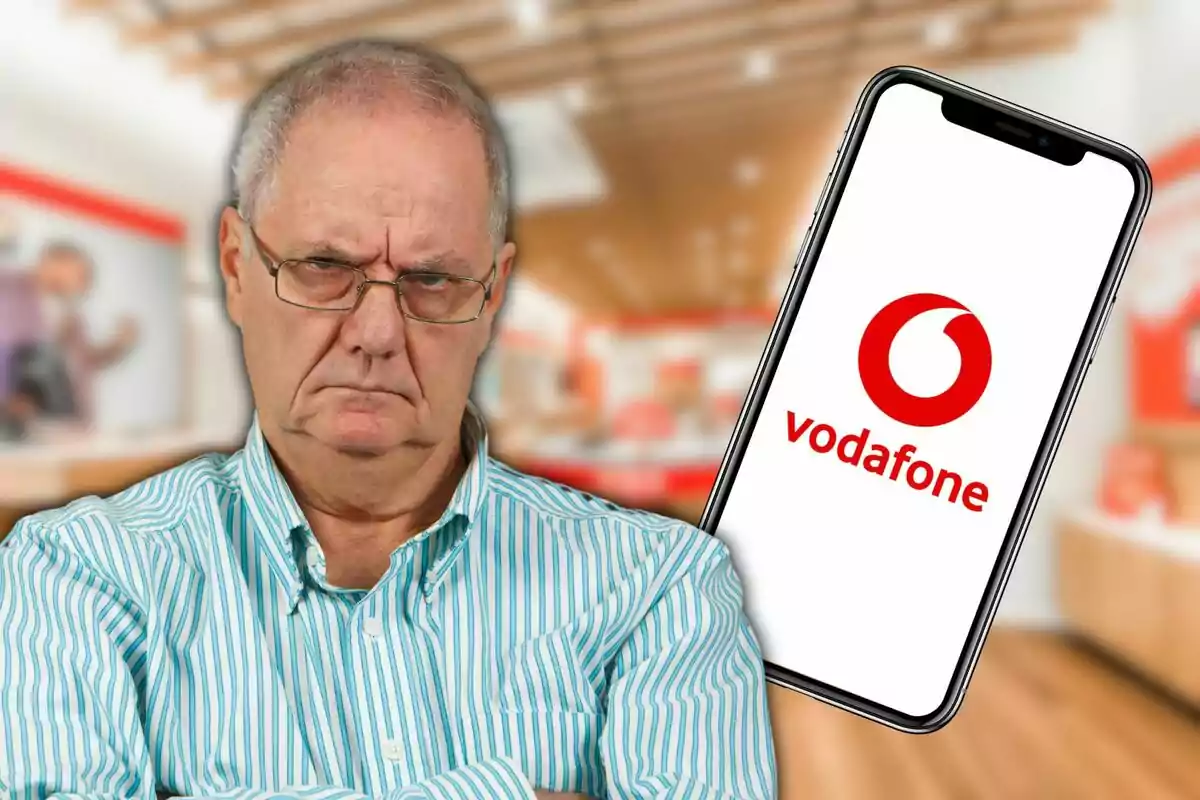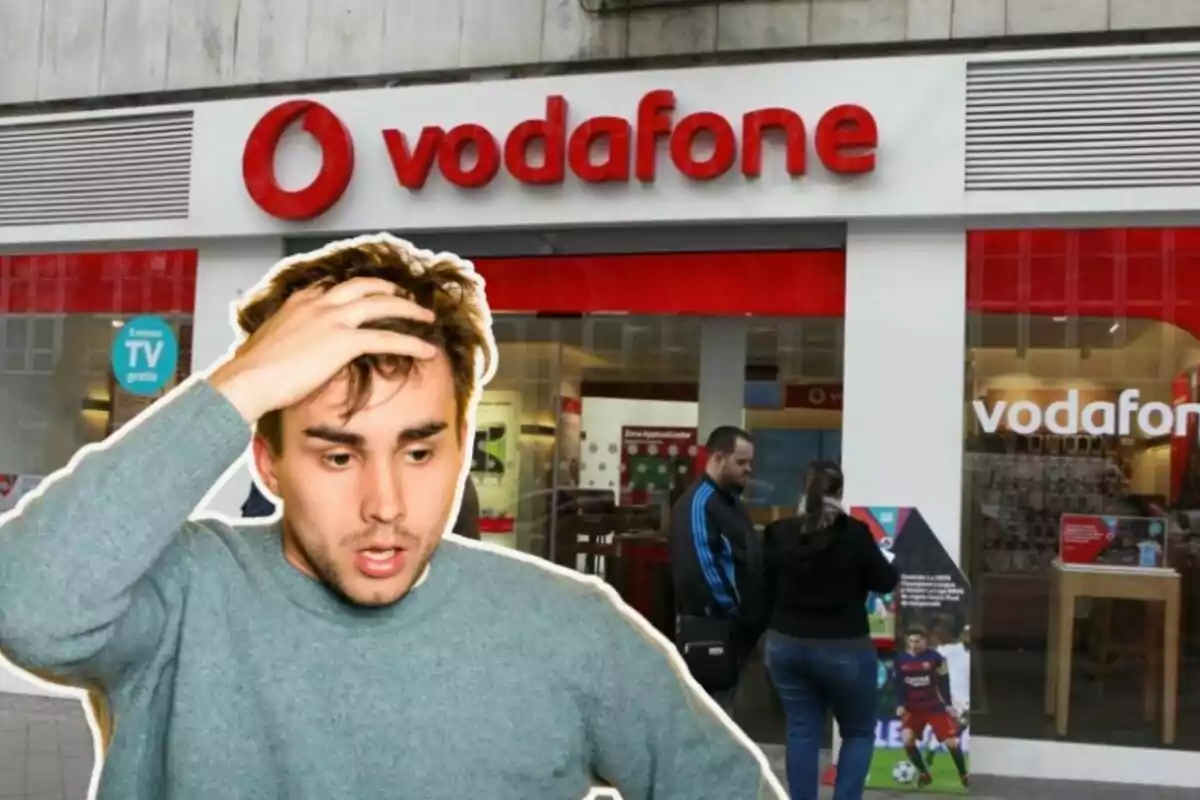
It's official: Vodafone is ordered to pay a fortune for a colossal mistake
Vodafone was once fined 8 million euros, but now the fine has been reduced to almost half.
Vodafone was once involved in a scandal over advertising and sales practices that not only caused controversy. They also had serious economic consequences for the company.
The Spanish Data Protection Agency (AEPD) initially imposed a fine of 8 million euros on Vodafone. The reason was that the company made calls and sent commercial messages to customers. These had previously expressed their refusal to receive such communications.
Despite users having exercised their right not to be contacted, the operator ignored their requests. This led to a large-scale fine.

This case highlights a violation of data protection and privacy regulations. It establishes that consumers have the right to refuse commercial contact from any company. Something that Vodafone didn't respect in several cases.
Many of those affected were even registered on the Robinson list. It is a registry where consumers unsubscribe to avoid receiving unwanted advertising. However, even in these cases, users continued to receive calls and messages from Vodafone.
Vodafone defended its role
Vodafone's reaction to the fine was swift. The company defended that the commercial tasks were carried out by external agents. That is, subcontracted companies operating under its brand but not under its direct control.
From the operator's perspective, it was difficult to manage and supervise these commercial actions, as they were agents outside its structure. Nevertheless, this argument didn't completely convince the authorities, who decided to impose the 8 million euro fine.
However, the story doesn't end here. The telecommunications company decided to appeal the fine, and the National Court has issued a ruling that reduces the amount of the fine. Specifically to 4.5 million euros.

It has been estimated that Vodafone committed an infraction by not complying with users' requests. But it didn't obtain a direct economic benefit from this behavior. This has led to a reduction in the fine.
Additionally, the court considered that the company didn't act negligently. Its inability to control the collaborating agents was due to the inherent difficulties of the outsourcing system.
Vodafone must take action
This case has caused significant repercussions. It highlights the risks of outsourcing services. As well as the importance of ensuring that commercial agents respect consumers' rights.
The fine also emphasizes the need for companies to ensure that their commercial practices are respectful of user privacy. Especially when it comes to unsolicited communications.
More posts: